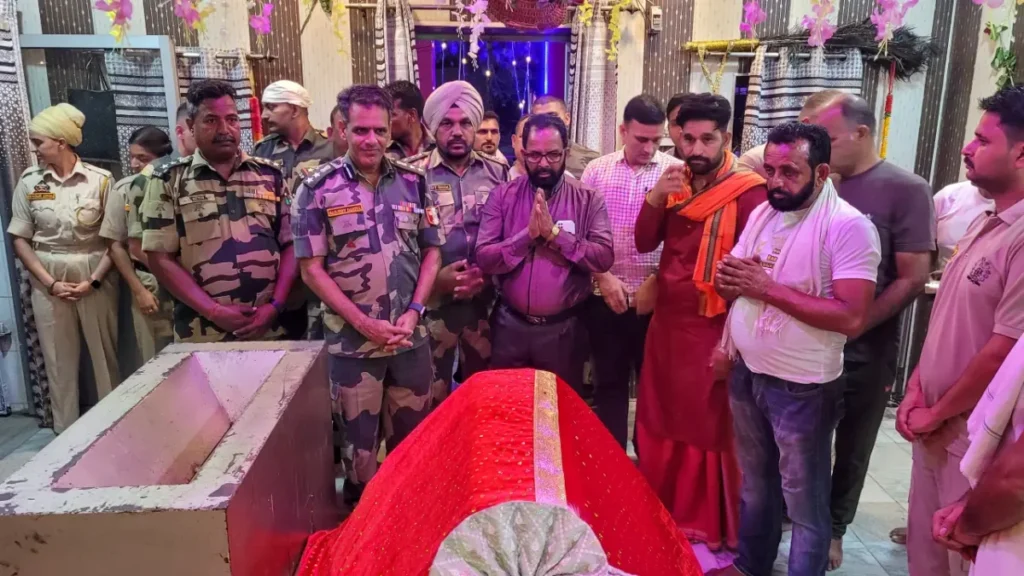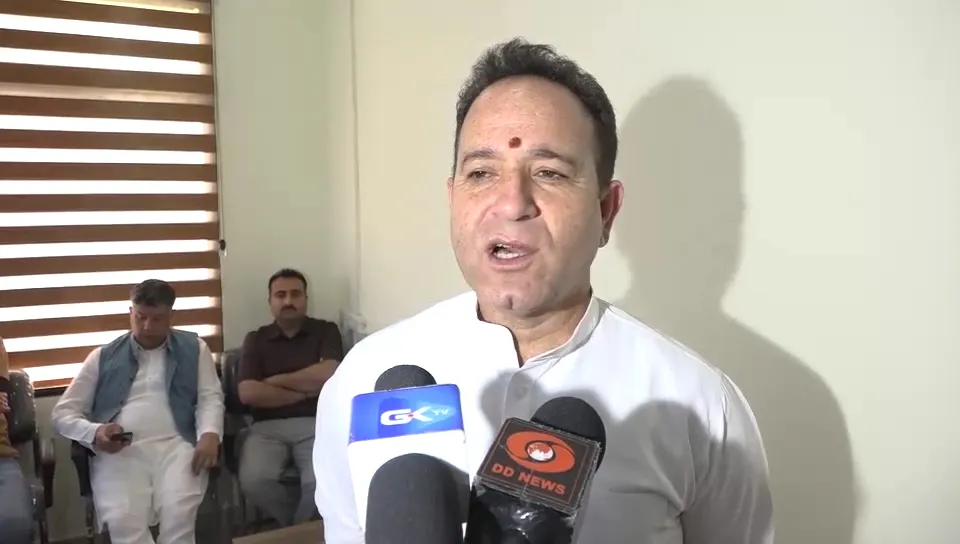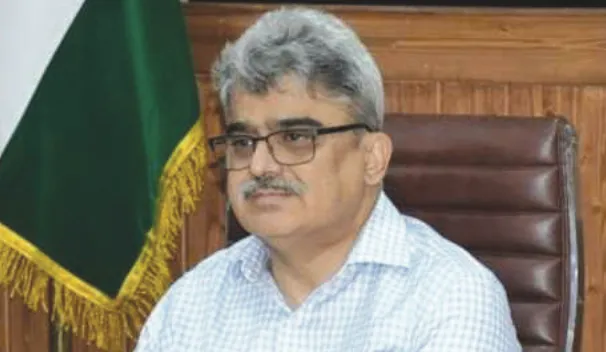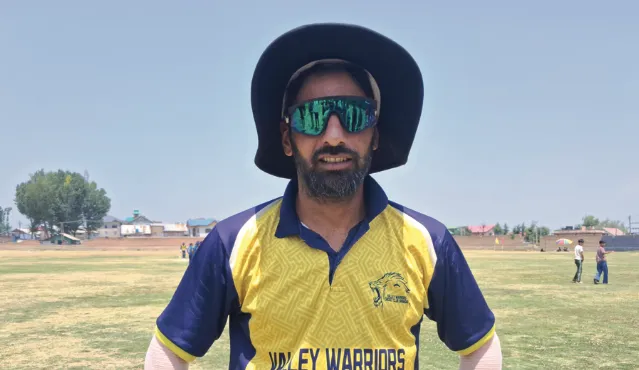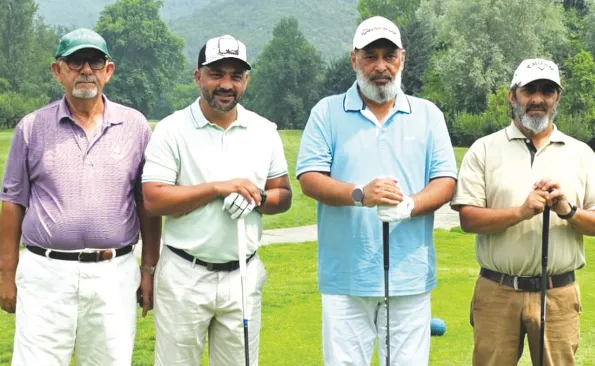Now Reading: Upcoming Muharram and Our Responsibilities
-
01
Upcoming Muharram and Our Responsibilities
Upcoming Muharram and Our Responsibilities

As the sacred month of Muharram approaches, it is time for reflection, remembrance, and responsibility. Muharram, the first month of the Islamic calendar, holds profound spiritual and historical significance, especially for Muslims around the world. It is a month that begins not with celebrations but with remembrance—of sacrifice, truth, patience, and justice. As the new Islamic year begins, it offers an opportunity to renew our commitments to faith, humanity, and community responsibility.
The most defining event of Muharram is the martyrdom of Hazrat Imam Hussain (RA), the beloved grandson of Prophet Muhammad ﷺ, who stood fearlessly against tyranny and injustice in the plains of Karbala. His sacrifice was not a political act but a moral stance that reminds us every year of the price one must sometimes pay to uphold truth and righteousness. Imam Hussain’s stand was not for a kingdom or throne, but for values—dignity, justice, truth, and the essence of Islam.
In light of this, Muharram is not merely a period of mourning—it is a call to action. It challenges us to ask: what are we doing to carry forward the message of Karbala in our daily lives? Are we standing against injustice in our societies? Are we truthful in our dealings? Are we loyal to the oppressed and empathetic towards the suffering? This month calls upon us not only to grieve but to act with a conscience.
As individuals, our responsibilities during Muharram are many. Firstly, we must observe the sanctity of this month with dignity and devotion. The remembrance of Imam Hussain should be respectful, meaningful, and rooted in knowledge. We should engage in gatherings that spread wisdom, patience, and unity—not divisions. Muharram should not become a battleground for sectarianism or misunderstandings, but a platform for strengthening unity among Muslims and fostering interfaith harmony.
Secondly, the youth must be educated about the true essence of Karbala. It is vital that we convey to them that Imam Hussain’s legacy is not just a historical event but a living philosophy that teaches resilience, sacrifice, and speaking truth to power. Parents, educators, and scholars bear a responsibility to make this message relevant for today’s challenges, be they social injustice, corruption, or moral decay.
Thirdly, during Muharram, social responsibilities must be emphasized. The message of Imam Hussain includes care for the poor, compassion for the needy, and standing with the marginalized. Communities should use this month to organize food drives, blood donation camps, and charity events. Real tribute to Karbala lies in serving humanity with sincerity and humility.
Moreover, media platforms and influencers also carry a weight of responsibility during this time. The content shared should reflect the solemnity and importance of the month. Sensationalism, commercialization, and distortion of religious events must be avoided. The message of sacrifice and truth should be conveyed with clarity and depth.
Law enforcement, government bodies, and civil society also have crucial roles to play. Ensuring peaceful processions, facilitating safe religious gatherings, maintaining law and order, and promoting communal harmony must be top priorities. Muharram has always been a sensitive time, and it is the collective duty of all citizens to ensure that it remains a period of peaceful remembrance.
In our digital age, where information is widely shared, we must be cautious about what we post and forward during this holy month. Fake news, divisive rhetoric, or disrespectful content can lead to conflict. It is our responsibility as Muslims and as citizens to use our voices and platforms for spreading peace, understanding, and the real values of Karbala.
In conclusion, Muharram is not merely a date on the Islamic calendar—it is a mirror for our conscience. As it returns each year, it asks us whether we are standing for truth, whether we are resisting falsehood, and whether we are living with purpose. The tragedy of Karbala is not just a past event; it is a timeless lesson. Let us honor it not only with our tears but with our actions, character, and responsibilities.
Stay Informed With the Latest & Most Important News
Previous Post
Next Post
-
 01First Copy Now Streaming on Amazon MX Player: Everything You Need to Know About Munawar Faruqui Starrer Drama Series
01First Copy Now Streaming on Amazon MX Player: Everything You Need to Know About Munawar Faruqui Starrer Drama Series -
 02While Ripple targets a new peak price above $5, this coin could be a safe investment choice
02While Ripple targets a new peak price above $5, this coin could be a safe investment choice -
 03راہل گاندھی کا ایس جئے شنکر پر نشانہ، کہا
03راہل گاندھی کا ایس جئے شنکر پر نشانہ، کہا -
 04Kupwara’s DySP Aamir Amin Bhat Dies of Heart Attack
04Kupwara’s DySP Aamir Amin Bhat Dies of Heart Attack -
 05Ranbir Kapoor turns 40 – Happy Birthday
05Ranbir Kapoor turns 40 – Happy Birthday -
 06TRX eyes recovery as total USDT supply on Tron surpasses $80B
06TRX eyes recovery as total USDT supply on Tron surpasses $80B -
 07Elon Musk Grok – ‘Too much garbage’: Elon Musk plans to retrain Grok AI to ‘retrain’ human knowledge
07Elon Musk Grok – ‘Too much garbage’: Elon Musk plans to retrain Grok AI to ‘retrain’ human knowledge




